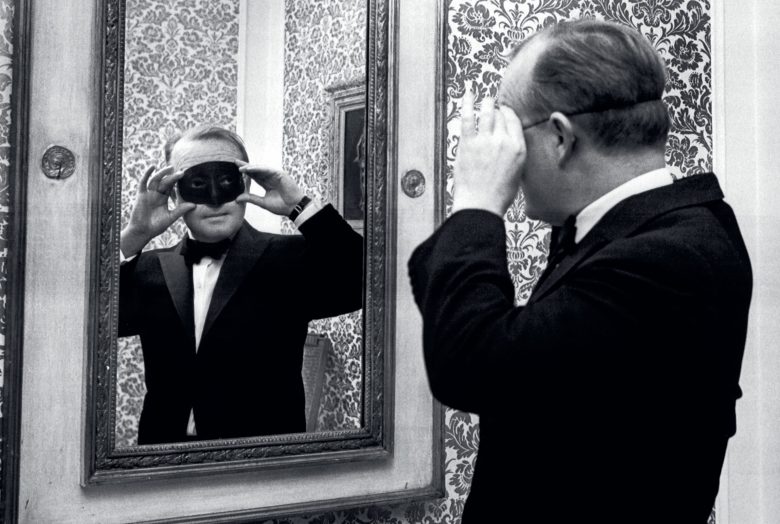
It’s unsurprising that students fear unseen texts. After all, you probably know most of what could come up in the exams for other subjects, and you know the set texts you’ve studied for English literature. But for an unseen paper you have no such prior knowledge. That’s why tried and tested techniques are so important; when you apply them, those fears will disappear. Take what you first perceived to be a threat as an opportunity. It’s the perfect moment to showcase your skills. Indeed, when you follow the advice contained in this article, you’ll not only lose your fears, but grow in confidence and may even enjoy the challenge.
Unseen papers often remind you to use context. For example, AQA (B) Paper 2 invites students to consider the significance of elements of crime or social protest writing in an unseen passage, and OCR Paper 2 invites students to relate their discussion to their study in a chosen topic. As you think and plan, use your understanding of genre to help you form ideas about the passage. You are likely to find elements that you recognise as well as elements that are unusual. Responding to such aspects of genre, while you pay close attention to the unseen extract, is incredibly helpful.
Your organisation does not have access to this article.
Sign up today to give your students the edge they need to achieve their best grades with subject expertise
Subscribe




